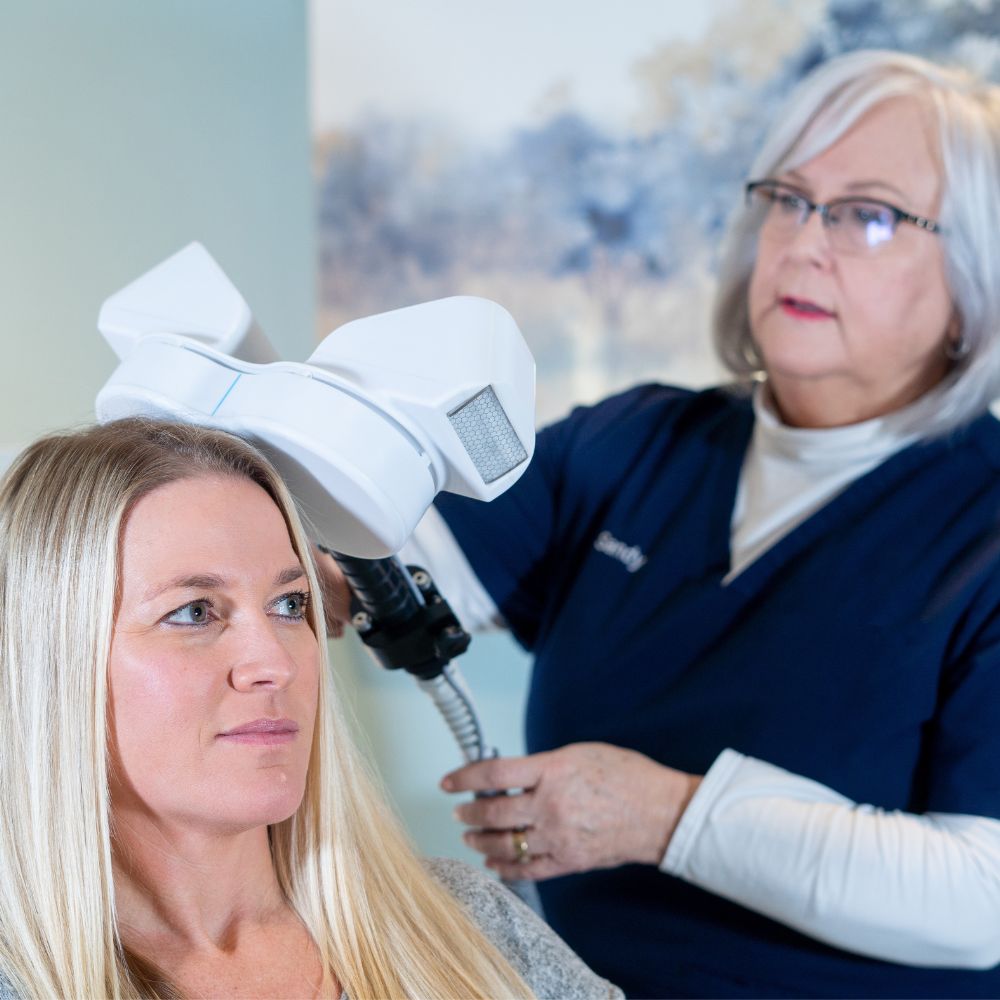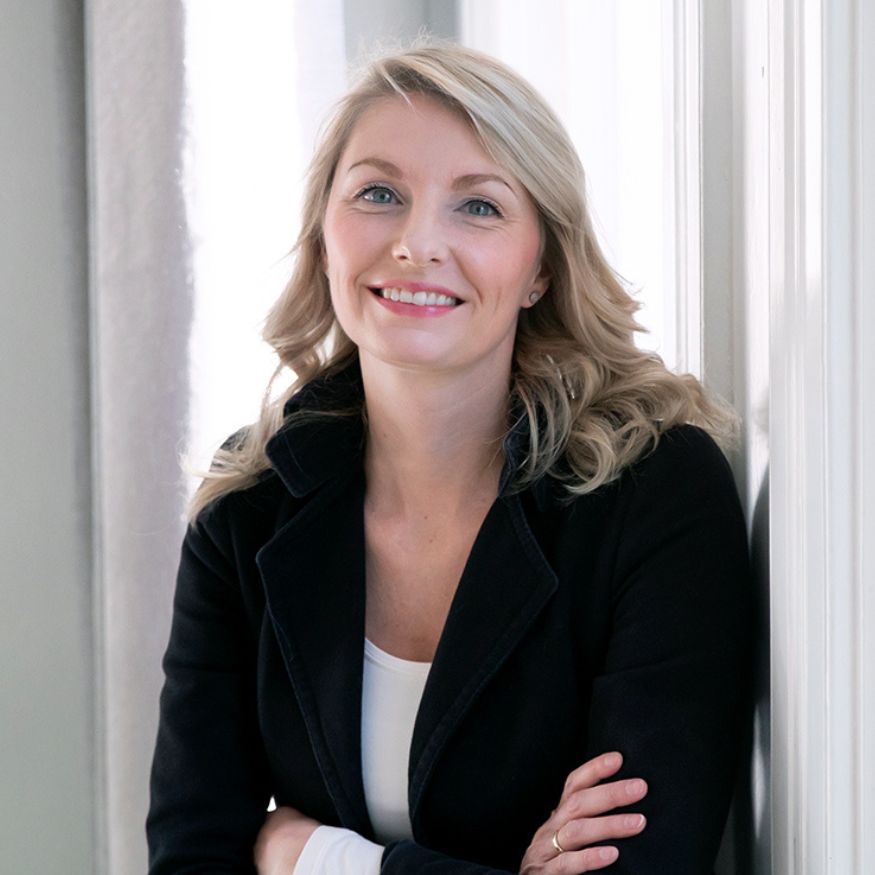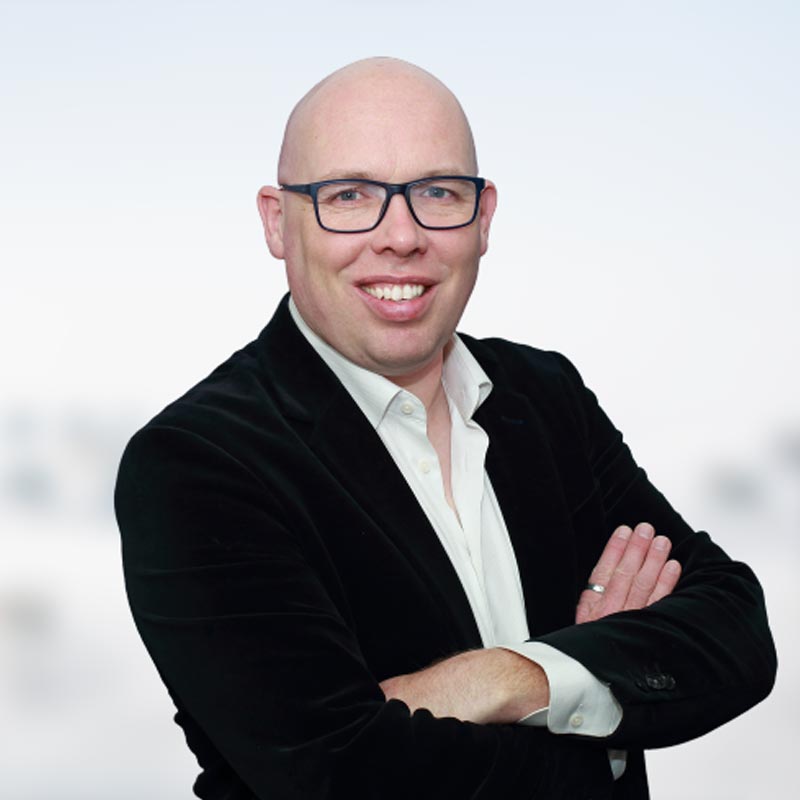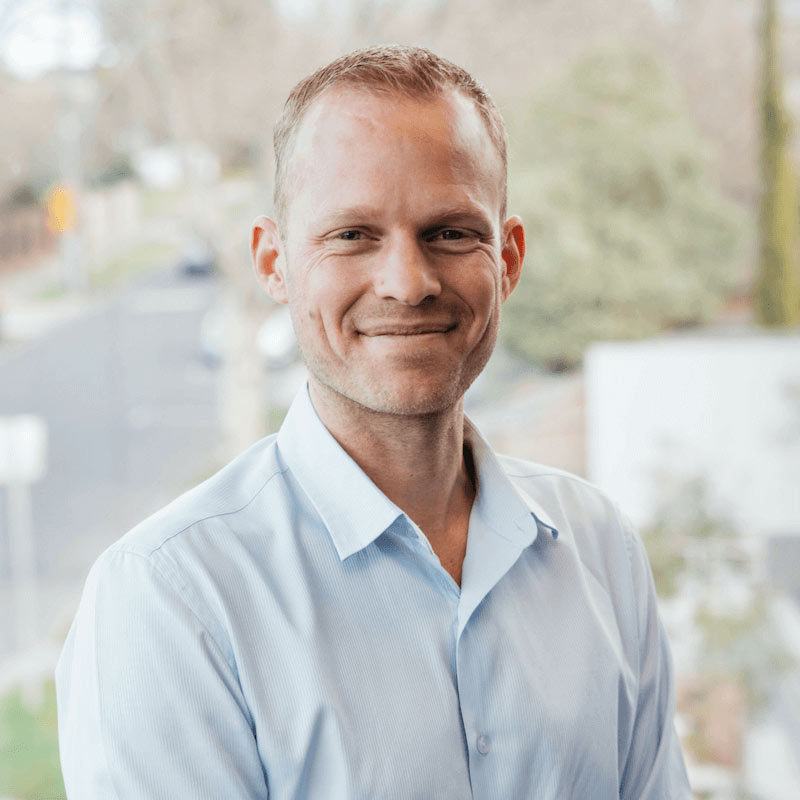Description
Overview
Upon completion, you’ll master:
- rTMS Background and Safety
- Depression and OCD Treatment Approaches
- Personalization and Optimization of TMS
- Case Studies and Neuromodulation Techniques
Lessons include both theoretical insights and practical demonstrations covering essential topics like stimulation parameters, treatment history, and patient preparation. Dive into the future of neuromodulation with this comprehensive course designed for healthcare professionals.
Lessons
- rTMS Background: Physics, History & Equipment
- rTMS Basics: Stimulation Parameters and Safety
- rTMS in Depression: An early literature review
- rTMS in Depression & OCD: Past and Present
- Other Treatments for Depression
- The Role of Sleep in Depression
- Personalizing and Optimizing TMS
- New developments in the field of Personalised Medicine
- rTMS in Pain, Parkinson’s, and Other Disorders
- rTMS in Combination with Psychotherapy
- rTMS Clinical Case Studies
- Other Neuromodulation Techniques & Introduction to Neuro-Cardiac-Guided TMS
This course also gives users access to demonstration videos, including:
- Preparing the patient and marking the DLPFC
- Marking the SMA
- Finding the Motor Threshold
- Placing the coil over the left DLPFC
- Placing the coil over the SMA
Expected Time Commitment: 6 hours
Registration is valid for 6 months. Access to the course is only open to healthcare professionals.
Further Information
Participants will receive an “rTMS in Depression, OCD & New Developments: Theoretical Component” Certificate upon successful completion of all lessons in this course (see below for practical component).
For all lessons, an 80% pass of the test is required to advance to the next lesson. The test can be repeated as many times as needed. Each lesson includes a recorded video presentation and accompanying learning materials.
After completing all theoretical lessons, there is an automated final exam requiring an 80% pass mark. (We strongly recommend using the note-taking feature in preparation for the exam.)
The course is designed as lessons to be completed in sequence. You will need to watch the presentation in full to complete the lesson and advance to the test.
This course must be completed within 6 months, to maintain consistency of study, ensure understanding of course material and prepare you adequately for your practical training.
All content remains the property of neurocare group and should not be copied or reproduced. Please read our Terms of use.
This online theoretical course is Part I of II steps towards certification or accreditation, depending on your region. Successful completion of this theoretical course is a pre-requisite to attend a Part II – Practical training workshop (see the neurocare academy calendar on our global website for dates and locations.)
Certification in The Netherlands
The online and practical course combined follow the blueprint by Stichting Hersenstimulatie and require a further 10 hours of supervision to receive accreditation as ‘rTMS Professional’, or a further 20 hours of supervision to receive accreditation as ‘rTMS Technician’.
Certification in Australia
The completion of this online course, followed by a practical workshop (Sydney or Melbourne) is required for certification.
We hold ISO9001:2015 certification and our rTMS Certification Course complies with the RANZCP Professional Practice Guidelines on the Administration of rTMS (PPG16, November 2018). All course or workshop participants will receive a certificate acknowledging their time spent towards Continuing Professional Development (CPD).
Certification For all other regions
Completion of this online course (Part I) and practical workshop (Part II) follow recommendations provided by the IFCN (International Federation of Clinical Neurophysiology) committee for training in the practice of non-invasive brain stimulation (Fried et al. 2020). All course or workshop participants will receive a certificate acknowledging their time spent towards Continuing Professional Development (CPD)









